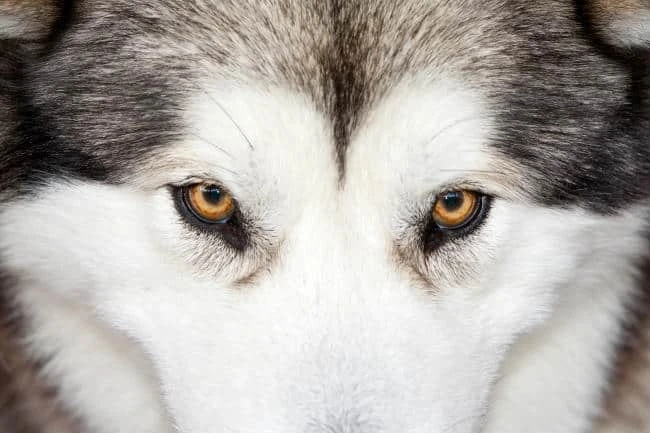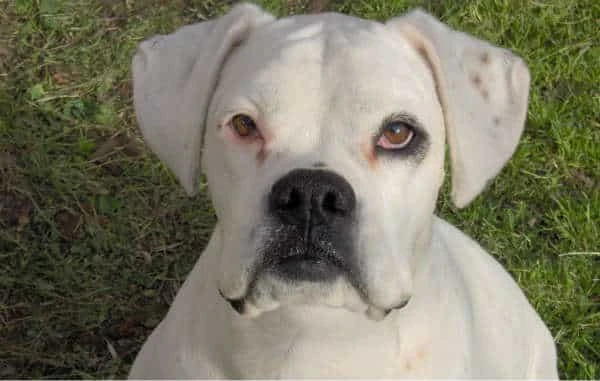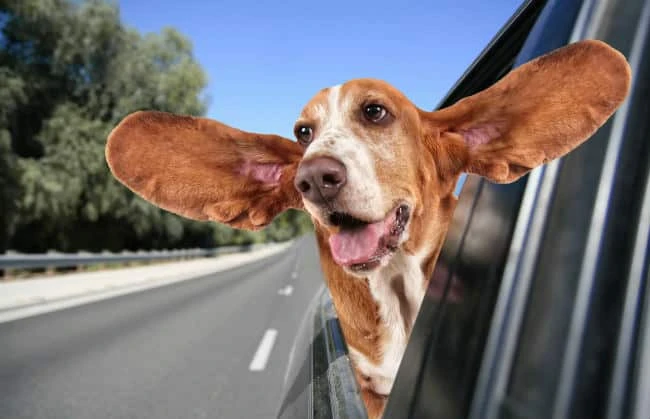The Dog Owners Guide To Dog Stomach Cancer

For a dog stomach cancer is a very serious and a possibly life threatening condition. Stomach tumors are more common in older dogs and unfortunately the vast majority are malignant and untreatable and may involve the own having to euthanize the dog. Although some smaller bowel tumors can be removed it is very important that any dog with cancer is treated for secondary symptoms (see below).
Stomach tumors are often quite painful and may trigger vomiting (with blood often present in the vomit). Other symptoms can include a decreased appetite and weight loss. If your pooch is experiencing pain it is vital that you speak to your vet so that pain relief can be prescribed.
For a dog stomach cancer can sometimes not be easy to diagnose (however either through an X-ray or more invasive procedures (like an exploratory operation where the vet will examine the stomach) the cancer and tumor can be located.
Tumors can also start to affect the intestines where although there are few symptoms in the early stages as the tumor develops and becomes larger the bowel may also become obstructed leading to vomiting (the vomit will often be brown in color). Your dog may also experience problems defecating. Diagnosis will be achieved through a Barium meal.
Older Dogs & Stomach Cancer
It is without a doubt far more common for older dogs to develop cancer. The main reason for this is that a number of factors need to take place for the disease to develop. For example it is unusual for the disease to progress as a result of exposure to just one toxin – in fact a number of things need to normally take place for the disease to develop whether it is through genetics, sun exposure, smoke, radiation or through problems in how the cell works. Due to the amount of time that it takes for these issues to happen the disease is far more common in middle aged and older dogs.
Some breeds are also more predisposed to cancer including Flat Coated Retrievers, Golden Retrievers and Boxers – this is probably as a result of selective breeding.
Stomach Cancer Prevention In Dogs
There are a number of things that you can do to lower the risk of your dog developing cancer.
1. Do not allow your dog to spend lots of time in the sun. It is well known that the radiation from the sun is a cause of skin cancer in dogs. If your dog is out in the sun then use a SPF 15 on your dogs nose, ears and face. If your pet has lots of hair then this will offer some protection from the sun.
2. Don’t feed your dog scraps of food from the table or food meant for humans. Feed your pooch a natural diet with healthy ingredients – speak to your vet about the best dog food. You can supplement your dog’s diet with health greens including broccoli (always wash them before you give them to your pooch).
3. Speak to your vet about vitamin supplements including vitamin E and C.
4. Just like in humans smoke can cause lung cancer – so don’t expose your pet to second hand smoke.
5. Don’t expose your pet to insecticides or pesticides – so if you have just treated the garden or weeds do not allow your pooch to sniff or play around the treated area.
6. It is also thought that spaying and neutering a dog can reduce the chance of your pooch developing the disease. Dogs that are spayed prior to their first heat cycle are far less likley to develop breast cancer. Also a dog that has been castrated is not going to develop testicular cancer (for obvious reasons). The chances of a dog developing perianal tumors is reduced in a dog that has been castrated.
It is vital that you remember that for any dog stomach cancer is a very serious condition and will need you to speak to your vet if you have any concerns that your pooch has developed the disease.
What Exactly Does The Stomach Do?
The canine stomach has a variety of functions – firstly it is a musculoglandular organ and is found at the end of the oesophagus and at the beginning of the small intestine.
During the digestive process the food will end up in the stomach where the food will be broken down through muscular contaction and peristalsis. Inside the stomach there will also be other digestive agents, enzymes and hydrochloric acid that will support the stomach in breaking up the food. The food will normally stay in the stomach for ten to sixteen hours where the glands in the mucous membrane lining start to secrete mucous, pepsin and hydrochloric acid and alongside the constant contraction will grind, mix and break up the food.
For a dog stomach cancer is not the only serious condition as twisting of the stomach can also lead to vomiting, pain and even death (it is more common in larger breeds).
Dog Health Problems Online > Cancer In Dogs > Dog Stomach Cancer





